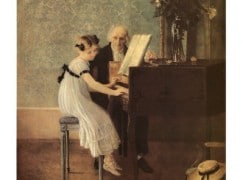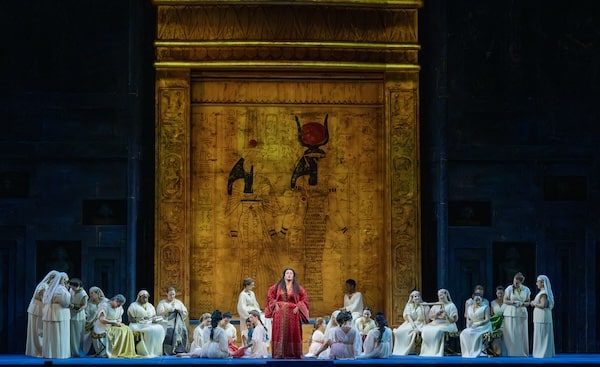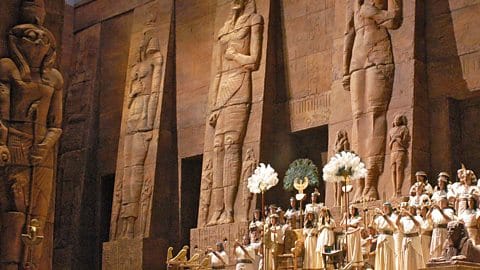Sharp drop in music at English schools
mainNew figures published by the Department for Education (DfE) (Friday 3 June) show a drop in entries for GCSE and A level music.
The overall entry for GCSEs in England increased from 4,916,000 in 2015 to 4,929,000 in 2016.
In the same period, GCSE music saw a decline of 3% and A-level music saw a drop of 8%.
Deborah Annetts, Chief Executive of the Incorporated Society of Musicians (ISM), the professional body for musicians and music educators said:
‘These figures are deeply concerning and show that the new EBacc proposals are already undermining the take up of music in our schools.
More here.






Norman: can you explain to we “Yanks” what GCSE, Level A and EBacc mean? (It’s hard enough trying to understand minims, crotchets and semiquavers!!)
GCSE (General Certificate of Secondary Education) is the set of exams sat at age 16. It’s a meld of the former GCE (General Certificate of Education) with the CSE (Certificate of Secondary Education – less ‘demanding’ than the GCE), hence a slight dumbing down of the system. ‘A’ levels are sat two years later, after intensive study of usually three subjects, though it’s not unknown to sit two or four exams of this kind. I don’t know what EBacc is, sorry…
I’m not so convinced about the Ebacc argument. One of the big problems now is the undermining of peripatetic services caused by academisation and I notice now that some academies are even charging room rental in an ever increasing way.
Local authority music provision is declining as academies choose the self-employment route.
I don’t necessarily see academies as intrinsically bad but the business model isn’t helping here.
A Level is now going to get harder – no bad thing in my view – which will mean poorer take up. I rue the day that sight-reading was flippantly dropped years ago, that really did start the rot.
And how many minutes of choral music are taught in the primary schools? When I taught in England in the early 1960s, primary grades were taught half an hour of choral music each day, while secondary school grades had one or two choral music classes each day. I don’t know if that has decreased because I left UK for Canada in 1967. With a very small percentage of people buying classical music recordings, where will children be exposed to it? Certainly not in shopping malls! The future looks bleak.
Zero, unless there is an enlightened headteacher. It’s all very low key, shouty stuff with babyish lyrics these days. And then they wonder why there’s no singing in secondary schools. It’s too late by then to rescue anything.
Even though I managed little singing in lower years I did get a lot of enthusiasm for a 6th form barbershop group, that was very satisfying and they enjoyed it immensely. In a boys school as well ( state selective grammar, which loads things in my favour, I know!).
And hymn singing? Almost none at all. These modern worship songs are the biggest culprit and what you might think would be an easy sing was most certainly not. The words don’t fit and the tunes are so banal and repetitive. One nite per syllable seems so much simpler, bring back Isaac Watts!
Shot in the dark……….your initials aren’t ND, are they, F West?
‘Fraid not!
Unfortunately, since grammar schools were destoyed, state school music has seriously declined and has now reached an abysmal level. The only place to find high-quality music provision is in the private sector where it is very much alive and well.
I’m sure that is partly true. I’m a complete grammar school product, went to one and taught exclusively at them. However, I saw their original purpose eroded over the past 20 years by social climbers, excessive coaching and a ludicrous leaning towards shoving far too many towards Oxbridge. If nothing else I was rather pleased that the majority of musical pupils at the school went to conservatories rather than the other routes. That took some doing in the face of some pretty entrenched opinions from the ‘establishment’ where I worked.
I’m not so sure now that they provide any real social mobility to the less well off, hardly any pupils were on free school meals and it was still dominated by the Chelsea tractor set.